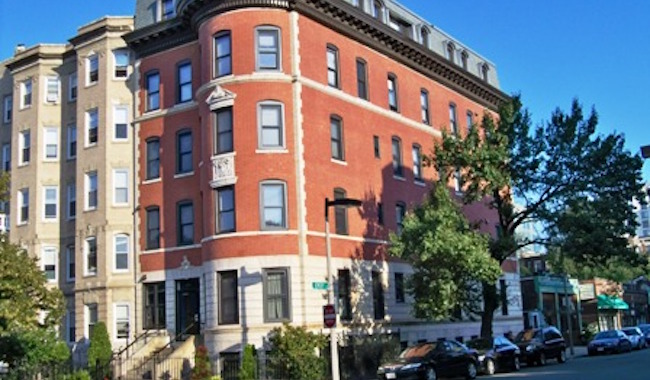“When I was younger and I used to get in trouble I was around negative people. Being around negative people made me do negative things. OTO made me strong enough to make my own decisions.” – Prince Moses, Overcoming the Odds graduate

It’s been a busy year for Prince Moses, but he’s not complaining.
He landed a good job and found a stable place to stay while he makes plans for a future with a permanent home and a family.
And for the first time in his adult life, he’s living as a free man.
“The time has flown by because it’s been so busy,” Moses said during a recent phone interview before heading to work at Home Depot in Quincy.
Moses spent nearly two decades behind bars after being convicted of first-degree murder at age 17 and sentenced to life without the possibility of parole. His first big break came when a 2013 Supreme Judicial Court ruling invalidated mandatory life without parole sentences for defendants who were convicted of first-degree murder before their 18th birthday. His second came when he was invited to join the Overcoming the Odds program run by Community Resources for Justice.
While in prison, Moses had already overcome long odds, including a chaotic home life and an environment where he was surrounded by crime, drugs, addiction and guns. He had taken responsibility for his crime, earned a GED, repaired relationships with family members and committed to rehabilitation and sobriety, the state Parole Board noted in its 2015 ruling granting his release to CRJ’s Brooke House.
Through Overcoming the Odds, Moses gained a support network he’d never had growing up. The program set him up with services to find housing, look for jobs and even get a suit to wear to interviews.
“You’ve got a lot going against you when you have a record, especially someone like me who was down for all those years and didn’t know so much,” Moses said. “You need that type of support.”
Moses’ progress at re-entering the community after years behind bars has been obvious to OTO staff.
“With where he came from and the amount of time he’s done in prison we could definitely tell he wanted to change his life and get back on the right track,” said Shatia Eaddy, a caseworker at OTO. “This is a whole new world for him and it’s like he’s starting everything all over again. He’s finally starting to walk with his head held high.”
Moses acknowledges he’s come a long way, but he’s already looking at his next goals for a new life outside of prison walls.
“I’m going to get my own house, create a family and have some kids. That’s what I’m looking forward to right now,” he said, adding that OTO has been a pivotal part of that progress. “I would recommend this program to anybody coming out that needs support. I believe this program can help them if they really want to. It’s up to you if you really want to, but they provide that moral support.”